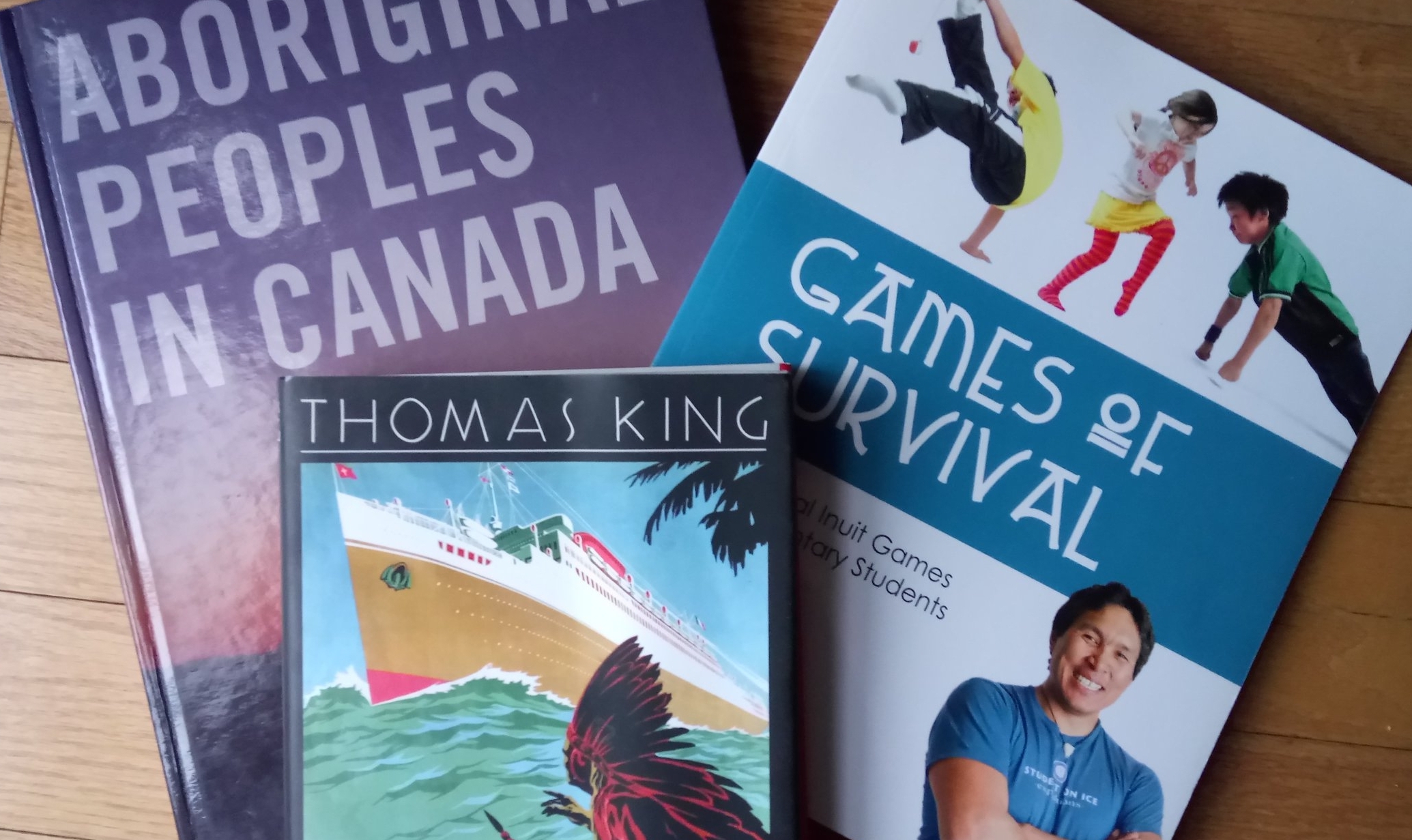If you are hoping to centre the knowledge of Indigenous peoples in your teaching and bring social studies, geography, or history alive for your students, I think you will find this new short film VERY useful.
This month, the Bawaadan Collective released Missisakis: On the Indigenous History of the Tkaronto Islands. I loved watching this beautiful film and immediately thought it would be a wonderful resource to use in Junior, Intermediate, and Senior classrooms
To discuss the limitations of the land acknowledgement
To learn more about treaties and modern land rights from a Mississauga perspective
To understand the significance of the Toronto (Tkaronto) Islands to the Mississauga people and how it has been used throughout time
To introduce the concepts of land stewardship and revitalization.
The first voice you hear belongs to Darin Wynbega, who is the Traditional Knowledge and Land Use Coordinator of the Mississauga of the Credit First Nation. He is followed by Margaret Sault who is the Director of Lands, Membership and Research, also at the Mississauga of the Credit First Nation.
I have often heard about the sacredness of the Islands to the Mississauga people, and this video is a wonderful testament to this long history. I am so grateful that this video was produced.
If you are teaching in or around Toronto, I think this is a must-watch.
Here is the description text from the Bawaadan Collective, who created this video.
Moving beyond land acknowledgements, Missisakis explores the history and significance of the Toronto Islands from a Mississauga perspective. As with any short film, we present an introduction to history that spans centuries. We encourage viewers to continue to explore this history, learn from Indigenous historians who can share this history, and attend to their calls to action. We wish to express sincere veneration to the Mississaugas of the Credit First Nation. Massive Miigwetch / Nya:wen to Darin Wybenga and Margaret Sault for their supreme trust and generosity. Our approach to the research, development and concept of this video was led by our combined understanding of community engagement best practices with Indigenous partners and First Nations.
Missisakis : On The Indigenous History Of The Tkaronto Islands
Written / Directed / Score
Darin Wybenga / Margaret Sault / Bawaadan Collective
Produced in partnership with - Waterfront BIA / City of Toronto Parks, Forestry and Recreation
